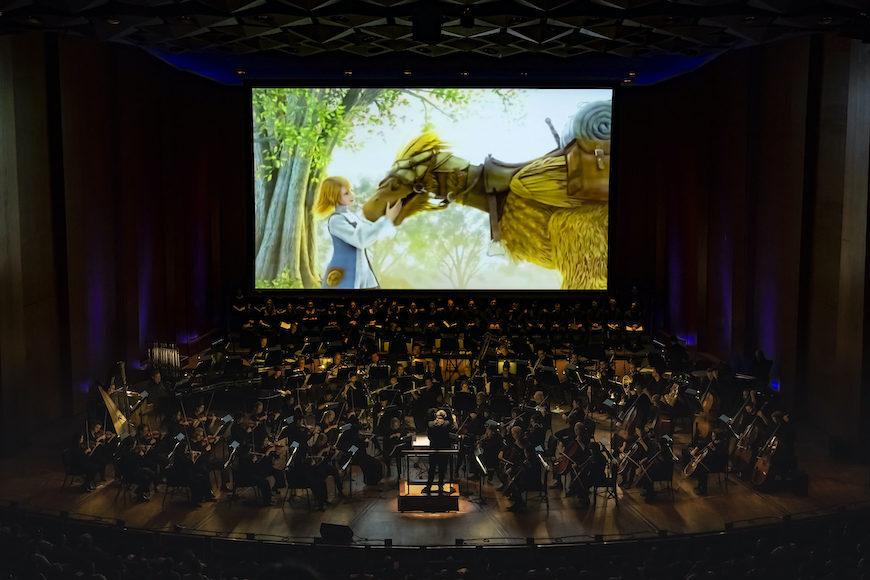This month we hear about a PhD candidate at the UBC School of Music whose research explores the music of the Final Fantasy video game series. We learn why the date of Lunar New Year changes and celebrate the world’s largest know gift for MS research and care which has been donated to UBC Medicine and the VGH & UBC Hospital Foundation.

Photo credit: AWR Music Productions, LLC
UBC scholar’s Final Fantasy is a PhD in ludomusicology
At the turn of the century, Marina Gallagher was a young piano student who played a lot of video games between piano lessons. The Final Fantasy series was her favourite. Today, Gallagher (she/her) is a PhD candidate at the UBC School of Music whose thesis explores the music of the Final Fantasy series.
Gallagher’s field, ludomusicology, combines the study of games and gameplay (ludology) with the study of music (musicology). UBC News spoke with her about her fascinating work. Read more.
Why does the date of Lunar New Year change?
This Lunar New Year fell on Jan. 22, making it one of the earliest in recent history. So why does the date of the lunar new year change? Read more.
$33.8M gift to transform MS research and save more lives, sooner
A $33.8 million gift has been donated to the University of British Columbia and VGH & UBC Hospital Foundation for multiple sclerosis (MS) research and care—the largest known donation ever for MS research worldwide. The private donation was made by a B.C.-based philanthropist who believes comprehensive contributions to science and medicine can quickly advance solutions and treatments across diseases for patients in B.C., across Canada and around the world.
This gift will be used to establish the B.C. MS Cell Therapies Translational Research Network, or MS Research Network, a world-class research and patient-care hub that will use the latest advances in cell and gene engineering to develop, manufacture, and test next-generation cell-based therapies. It will also help augment clinical services for patients and their families.
Read more and hear from UBC Professors on how the donation will impact their future research.